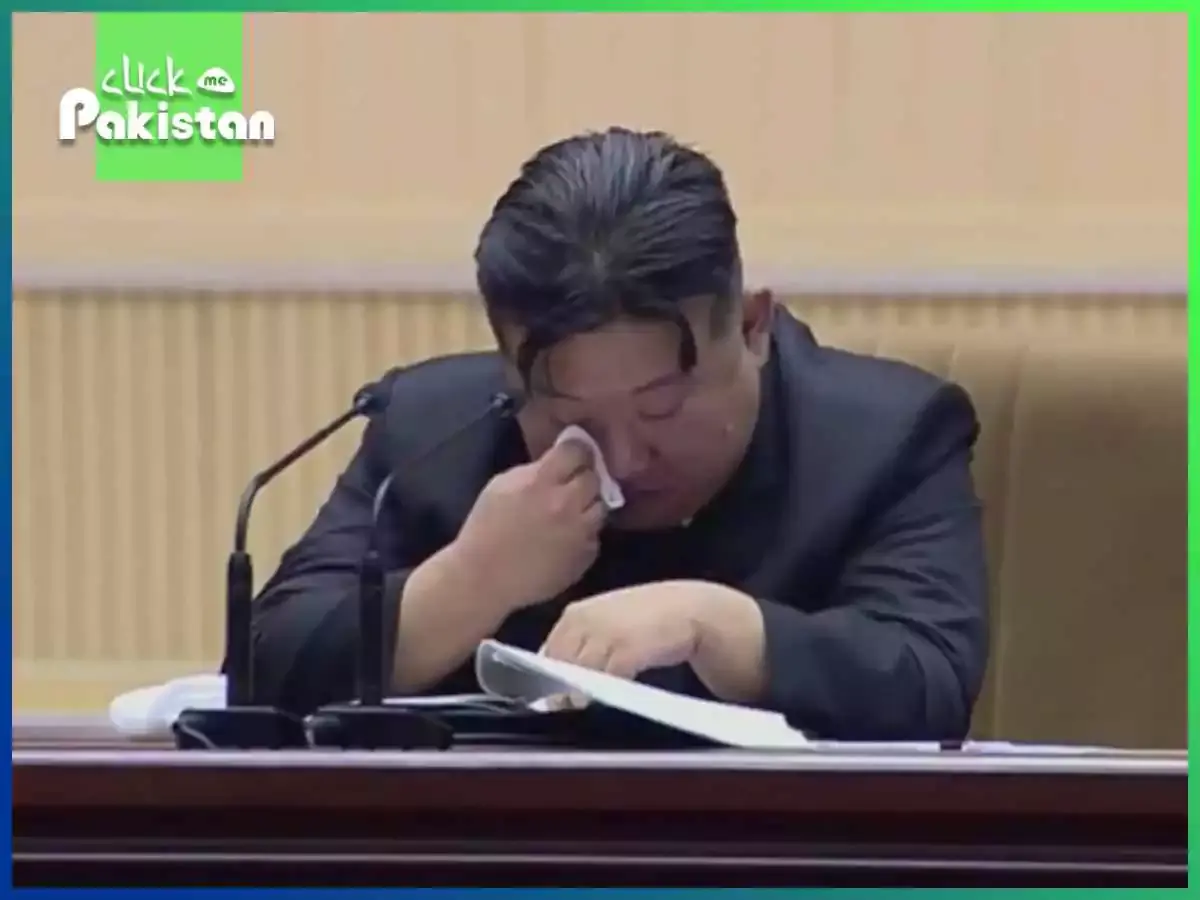Kim Jong’s Tearful Plea: Urgent Call for Population Growth to Strengthen National Power
Introduction
In a moving speech at the National Mothers Meeting in North Korea, Kim Jong’s made a sincere appeal for women to play a prominent role in strengthening the country’s defences by growing their families. This passionate plea comes at a time when concerns about the nation’s declining birth rates are growing.
At this momentous event, Kim emphasised the critical role women, in his opinion, play in changing the country’s demographics. His moving remarks, which highlight the significance of reversing the birthrate fall and guaranteeing high-quality childcare and education, strike a deep chord with the audience.
The demographic data from South Korea reveals a troubling trend, mirroring concerns in North Korea. In contrast to its wealthier neighbour, North Korea has experienced a slower decline in total fertility, with rates falling from 1.88 in 2014 to 1.79 in 2022. The fact that South Korea has one of the lowest fertility rates in the world highlights the concern that the Korean Peninsula has for population growth.
Kim Jong’s heartfelt appeal for more births is not just one act; it’s part of a larger plan to address the population loss. It emphasises how important it is for women to play roles in determining the future of the country and bolstering its power.
As North Korea addresses these demographic issues, the global community observes with considerable interest, realising the tremendous ramifications for the geopolitical situation. Kim Jong’s impassioned statement serves as a heartbreaking reminder of the human dimension amid greater geopolitical processes, underscoring the deep impact of demographic trends on the stability and strength of nations.
In a poignant appeal, North Korean leader Kim Jong’s has urged women to play a pivotal role in bolstering the nation’s strength by expanding their families. This impassioned plea comes amidst growing concerns over the country’s declining birth rates.
During North Korea’s National Mothers Meeting, the first of its kind in 11 years, Kim emphasized the crucial duty he believes women hold in the nation’s efforts to enhance its demographic landscape. In his opening speech, Kim expressed,
“Stopping the decline in birthrates and providing good child care and education are all the family affairs that we should solve together with our mothers.”
South Korea’s limited statistics reveal a disconcerting trend, with the birth rate having declined over the past decade. According to the government statistics agency, North Korea’s total fertility rate dipped from 1.88 in 2014 to 1.79 in 2022. Although the decline is slower than that of its wealthier counterpart, South Korea, it is indicative of a broader challenge.

South Korea itself faces a birth rate decline, with last year’s fertility rate plummeting to 0.78 from 1.20 in 2014, marking one of the lowest fertility rates globally. While the numbers suggest a more acute situation in South Korea, Kim Jong’s plea sheds light on the shared concern for both nations regarding population growth.
Kim’s emotional call for an increase in childbirth echoes a broader strategy to address the demographic decline and underscores the significance of women’s roles in shaping the nation’s future. As North Korea grapples with these demographic challenges, the world watches closely, recognizing the profound implications for the geopolitical landscape.
Conclusion
In Kim Jong’s heartfelt appeal for population growth, a poignant narrative unfolds—one that transcends political boundaries and underscores the universal concern for demographic decline. His emotional statement, presented during North Korea’s National Mothers Meeting, highlights the crucial role women play in defining the nation’s destiny.
Kim’s call to action has great resonance in light of the falling birth rates in both North and South Korea. While South Korea grapples with its own demographic difficulties, Kim’s request serves as a reminder of the common concern for population growth across the Korean Peninsula.
Kim Jong emphasises the connection between population trends and national power by pushing women to accept their part in strengthening the country’s strength through growing families. His emotive appeal highlights the significance of cooperative efforts in determining North Korea’s future course and represents a larger approach to address the population decrease.
As the world observes North Korea’s response to these demographic challenges, the implications for the geopolitical landscape remain significant. Kim Jong’s heartfelt appeal highlights the significant influence of demographic shifts on the stability and power of the country, acting as a powerful reminder of the human element beneath larger geopolitical factors.









